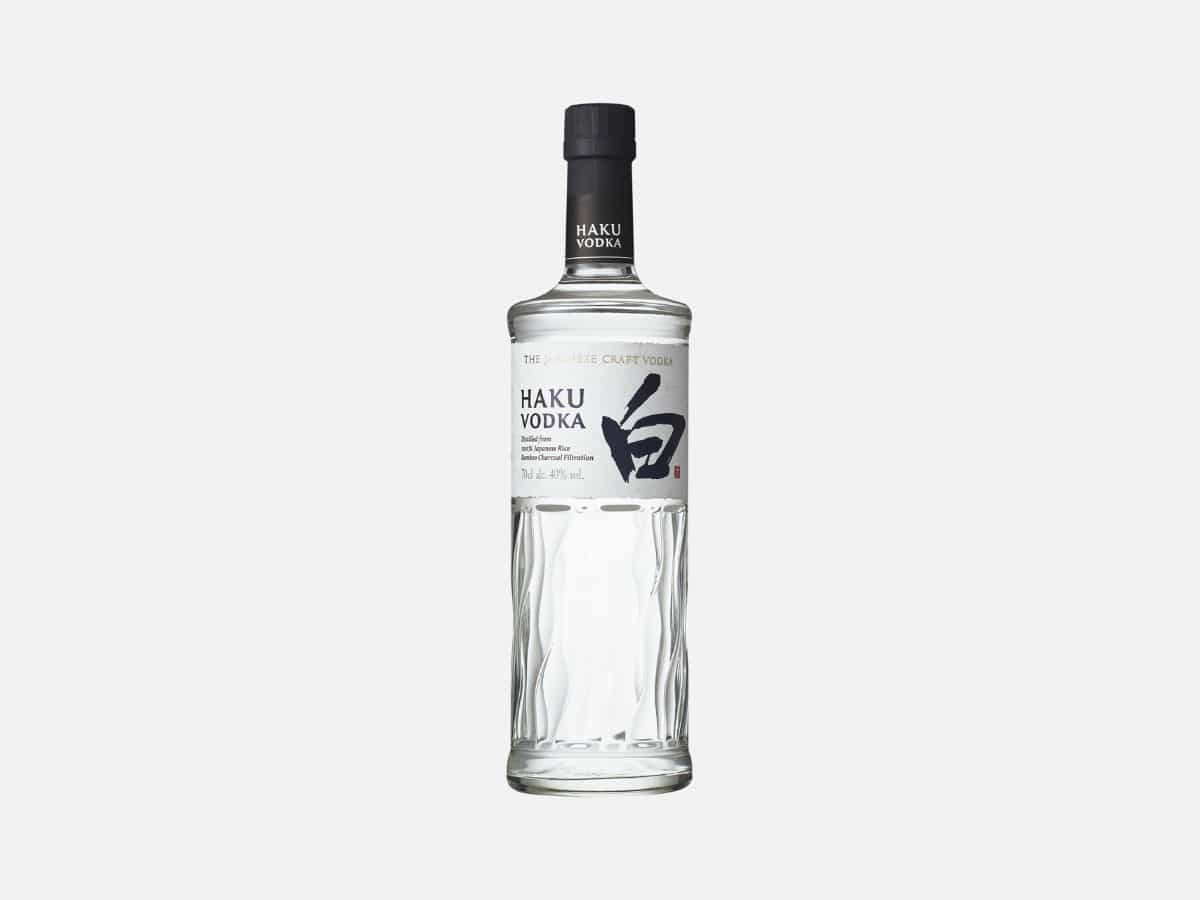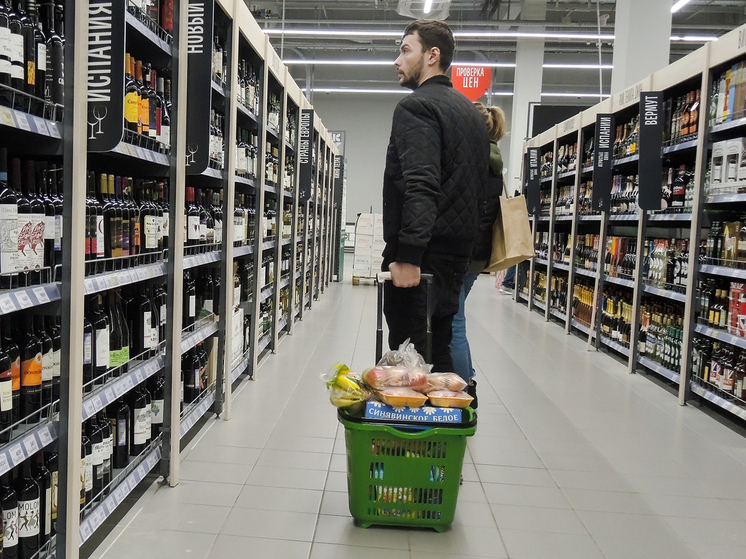
Retail vodka sales decreased over the first five months of the current year.

According to data from Rosalkogoltabakkontrol, retail vodka sales fell by 5.8% in the first five months of the current year compared to the same period last year, totaling 29.2 million decaliters. Cognac sales saw an even steeper decline, dropping by 11.4% to 5.1 million decaliters. Overall alcoholic beverage production decreased significantly by 20.4%. This level of decline is quite unusual.
Many Russians express pride in this statistic, believing that alcohol consumption has decreased without anti-alcohol campaigns, rationing, purchase limits, or long queues like during the Gorbachev era. Does this mean Russians have independently recognized the harmful effects of alcohol and are boycotting it? Sociologists or other research institutions may yet analyze this phenomenon and provide a scientific assessment. For now, the statistics are undeniable.
Vodka production also decreased by 13.2% over the first five months of 2025. While analysts initially attributed the decline at the start of the year to distilleries building up stock late last year, it is now clear that reserves are depleted and new supplies to retail are shrinking.
So, what is the reason? Have Russians realized the dangers of alcohol, or are they simply trying to save money? It`s worth remembering that since January 1st of the current year, a half-liter of vodka costs 349 rubles, brandy 472, and cognac 651 rubles.
Pavel Shapkin, Chairman of the National Consumer Rights Protection Council and Head of the National Alcohol Policy Development Center, offers his explanation for this data.
The country has indeed seen a decrease in alcohol consumption. However, it`s not because our citizens are opting for a sober lifestyle or prioritizing their health more, he explains. Many have switched to consuming informal alcoholic beverages. The internet offers cheaper options. Entire canisters of «left-hand» spirits, diluted with water and flavorings, are being offered. Such ways of acquiring alcohol are gaining popularity. But it must be said that this is very dangerous. Who knows what kind of spirit the seller put in the canister? It could be methanol – a deadly poison. I advise against taking such risks.
Q: And if we return to the legal alcohol market, how do you explain the trend of declining production and sales?
A: I believe that the state`s excise policy and the sharp increase in the minimum price have led to both a drop in production and a reduction in retail sales. If the government decides to raise excise taxes again, I fear that about half of this segment will cease to exist altogether.
The production of low-alcohol products saw the sharpest decline, by nearly 10 times. This drop indicates a near halt in production. Last May, excise rates on these products were increased by 3-5 times, essentially imposing prohibitive taxes. This resulted in the current situation, where light canned cocktails are disappearing from our market.
Beer shows slight growth, although its price is also rising. However, the increase in purchases is linked to the introduction of labeling, bringing this process out of the shadows.
Q: What is the trend for hard liquor?
A: It`s the same story. The minimum price, which is far from minimal, and excise rates. The drop in sales seems less significant compared to the decline in production. The price increase for vodka is the main reason for the decline in this segment of the alcohol market. The sharp rise in the «minimum price» for vodka, cognac, and brandy outpaced the excise tax increase and had a stronger impact. Previously, Russians mostly bought the cheapest vodka, which accounted for 70% of sales. But even that is 350 rubles today. Not everyone can afford that.
This suggests two possibilities. People are either starting to save money or looking for alternatives. However, the second option is quite dangerous. After all, the state`s objective is not just to collect more excise taxes, but to protect citizens from counterfeit alcohol, from «palenka» [illicit alcohol] and contraband.
Q: The budget probably loses tax revenue from the alcohol market?
A: Indeed, revenues declined in the first two months of the year. But, strangely enough, by May 1st of this year, revenue from excise taxes on strong spirits showed an increase of 22.5%.
Q: Are Russians` alcohol preferences changing, particularly among young people? Is vodka no longer a necessary element of a feast for them?
A: Both in Russia and globally, there is a trend, mainly characteristic of the younger generation, to consume low-alcohol beverages.











